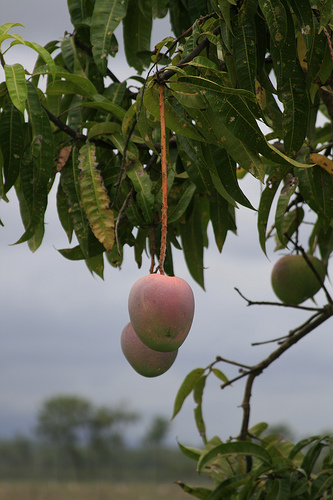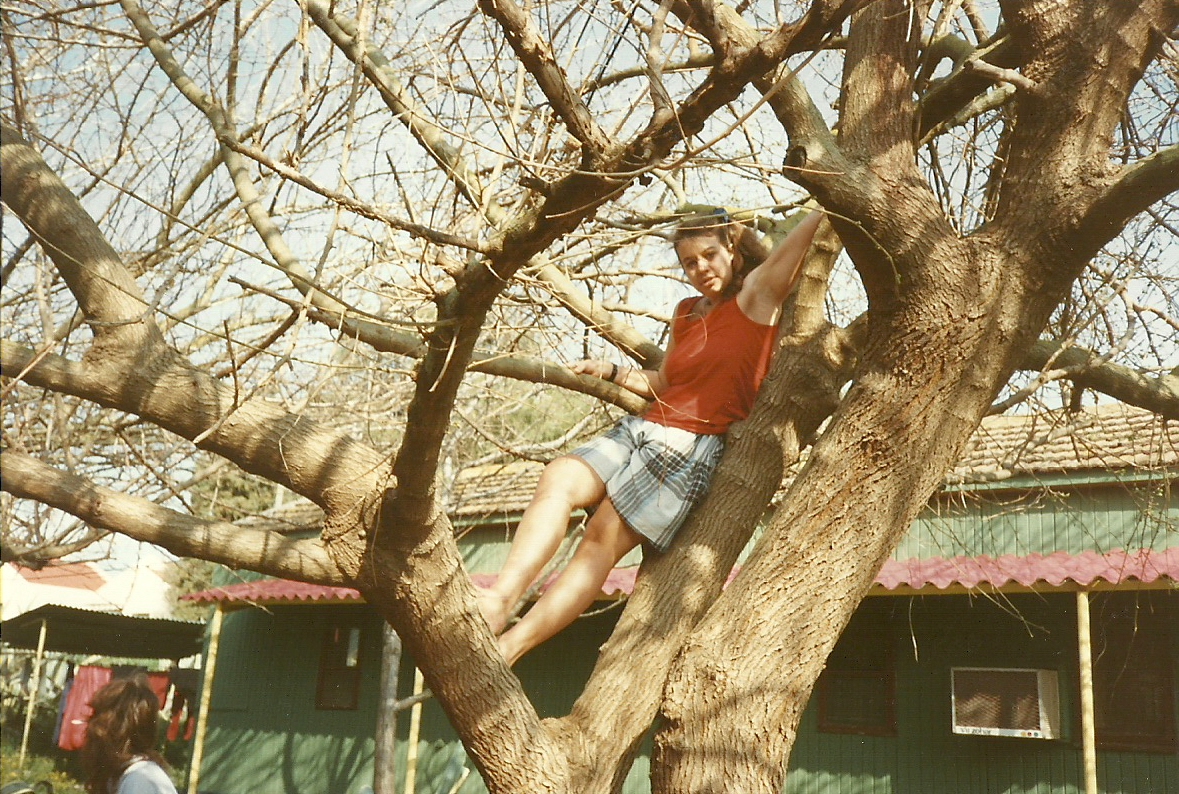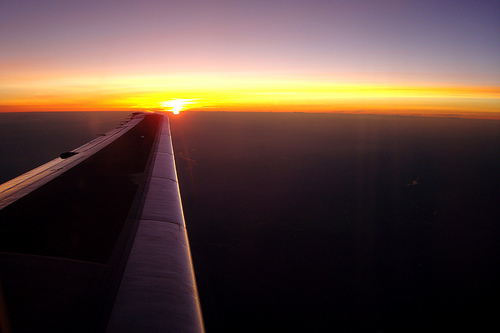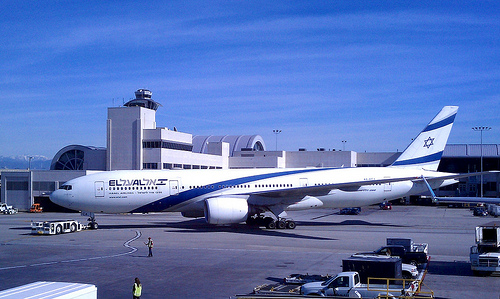 Whenever I’m at the grocery store with George, the first thing we have to do is get a pineapple. In the earlier days of the pineapple obsession, he would take the pineapple home and stick Mr. Potato Head parts into it. He doesn’t do that anymore. He just likes having a pineapple to carry around.
Whenever I’m at the grocery store with George, the first thing we have to do is get a pineapple. In the earlier days of the pineapple obsession, he would take the pineapple home and stick Mr. Potato Head parts into it. He doesn’t do that anymore. He just likes having a pineapple to carry around.
Weird, I know, Other people’s kids carry cuddly teddy-bears around. My son carts around a piece of fruit that could take someone’s eye out.
Anyway, a couple of days ago when we went shopping, I allowed him to pick up the obligatory pineapple. And because fair is fair, I had to allow James to select some fruit as well.
“I want a big, juicy mango,” said James.
No, no, no, no, NOOOOOOOO.
Much to James’ chagrin, I cannot let mangoes into my house. I’m afraid of them. I won’t even walk past them in the grocery store.
“Anything but mangoes,” I said to James, who sulkily selected some pears instead.
I was never really exposed to mangoes until I went to Israel in the early 1990’s. When I had been in Israel for almost a year, I found myself working for a farmer in the Golan Heights, right in the north. For several months, I was a real farm-girl, doing real farm work. I would be up and in the fields by four in the morning, driving my tractor, spraying crops with pesticide, repairing irrigation systems, hanging bananas, you name it.
The pay wasn’t great and the hours were long, but my employer treated me and his other farmhand well, kept us stocked with beer, and allowed us to knock off at lunchtime on Fridays. Best of all, he allowed us free rein to eat the crops we farmed whenever we liked. As a result, most of our breaks were taken under the trees with mango juice dripping from our fingers as we consumed the delicious fruit.
Let me pause for a moment to say that Israel produces fantastic mangoes. They are big and juicy, and oh-so-sweet-and-delicious.
One frightening day, however, my mango-eating heyday had to come to a screeching halt.
On the morning of that fateful day, I noticed a strange-looking mark on my wrist. It was roughly oblong, and looked a bit like a railway track. It was as itchy as hell. I didn’t think anything of it: me and my fellow farmhand, Alan, were always getting cuts and scrapes without really noticing. So I ignored the mark and went on my merry, crop-spraying, mango-eating way.
That night I felt a little under the weather – that feeling you get when you’re coming down with a cold. Assuming that I was, indeed, coming down with a cold, I took some headache pills and went to bed early.
I woke up with a jolt at about midnight, with the nagging feeling that something wasn’t quite right. It didn’t take me long to figure out the problem: I wasn’t breathing. No matter how I tried to expand my lungs, I just couldn’t get any air past my larynx. And so, perhaps understandably, I started to panic.
I realized that somehow, I had to get the attention of Alan, my coworker and room-mate. I would have screamed, only this would have required me to draw breath and that was a problem. So I did the only thing I could think of: I raised my fist and pounded on the wall.
I was aware of Alan stirring and groggily using some colourful language. My persistent banging forced him to get up, though, and he only had to look at me once to realize that something was seriously wrong.
What happened next is a blur, but I know involved a lot of frantic rushing around and a trip to the hospital, where I was diagnosed with a serious and potentially life-threatening allergy to mangoes. I was treated and released the following day, and given a life-long ban on anything to do with mangoes.
I cannot eat them. I cannot touch them – those marks on my skin turned out to be burn marks from mango juice. I cannot even inhabit the same airspace as them, because inhaling their scent can be as bad for me as actually eating them.
Giving up mangoes was tough. Not only the fruit, but the fields. All of a sudden, I was deprived of the fields full of mango trees, with their mixture of hot sunshine and cool shade and of course, the fruits themselves. And I was banished to the banana plantations, with the oppressive overhead leaf coverage, the scorpions hiding in the bunches of bananas, and the fact that the bananas weren’t ripe.
And the fact that twenty years later, I would have to deal with a whining child who couldn’t get a mango in a grocery store.
(Photo credit: http://www.flickr.com/photos/digital1/3060425819)












